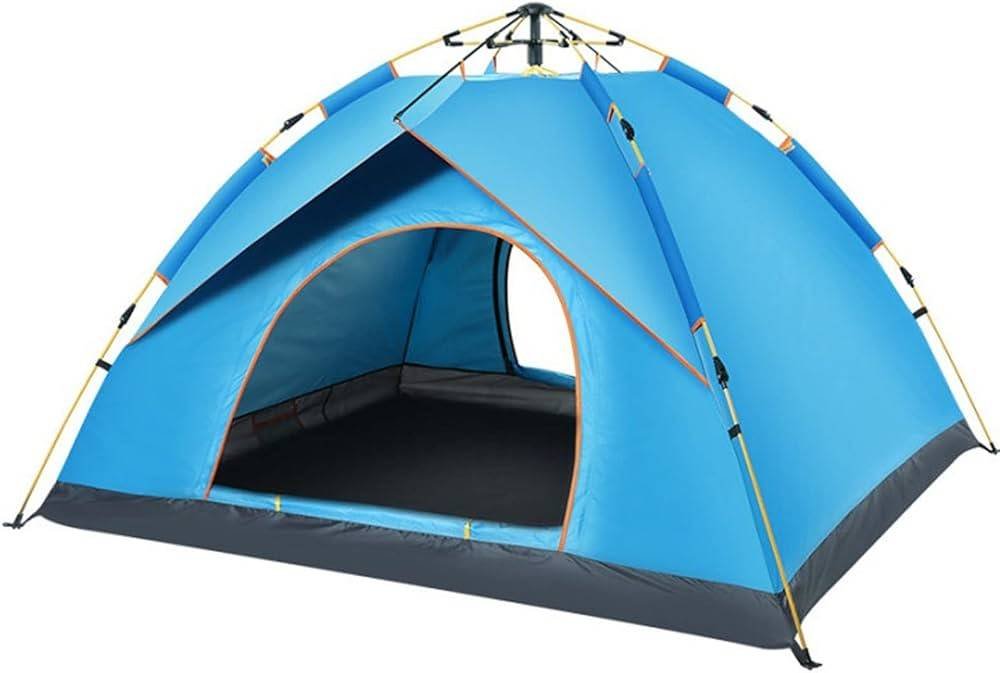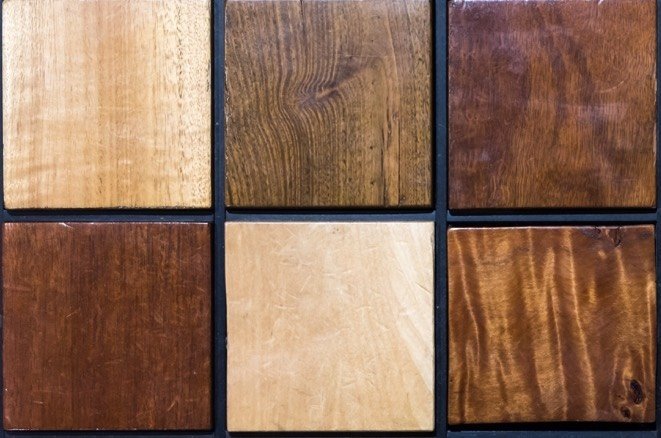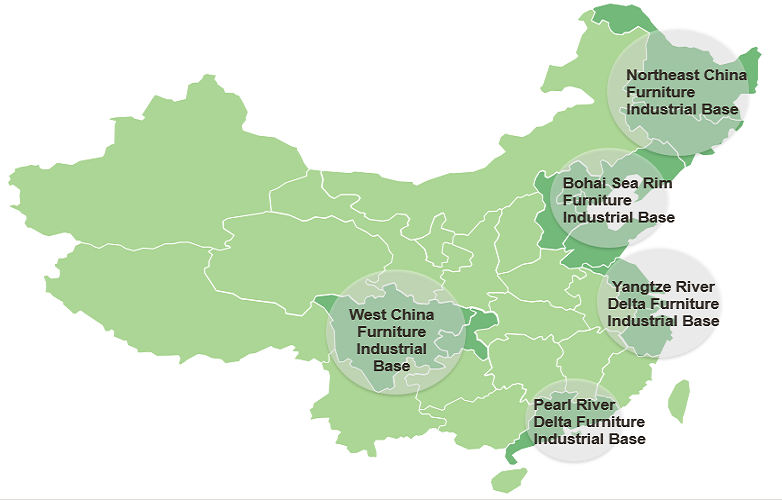Essential Guide to Selecting Tent Suppliers in China
Below are 13 pieces of advice for recognizing a trustworthy tent manufacturer in China and making imports successfully.
No matter whether you are a newcomer to importing or you are seeking ways and means to fine-tune your current strategies, these ideas would stand you in good stead when it comes to making sound decisions that would help you in achieving strategic business objectives.
1. The Importance Of Choosing The Right Supplier For Importing Tents From China?
2. What types of tents can I import from China?
3. How do I find a reliable supplier in China?
4. The Tips For Choosing The Right Tent Supplier From China
5. What are the minimum order quantities (MOQs) for importing tents from China?
6. How much does it cost to import tents from China?
7. How can I ensure the quality of the tents I import from China?
8. How long does it take to import tents from China?
9. What documents do I need to import tents from China?
10. What are my payment options for importing tents from China?
11. What are the import duties and taxes for tents from China?
12. Do I need to comply with any safety standards when importing tents from China?
13. Conclusion
1. The Importance Of Choosing The Right Supplier For Importing Tents From China?
Choosing the right supplier for importing tents from China is crucial for several reasons:
Quality Assurance
• Product Standards
The right supplier guarantees that the tents conform to the international quality standards and certifications for durability, material quality, workmanship, safety standards, and the likes of it are met without compromise.
• Durability
Tents are outdoor items that are subjected to different weather and, therefore, have to survive. The supplier needs to supply quality items that will only demand a one-time purchase due to the durability of the shelters, which are tents.
Cost Efficiency
• Competitive Pricing
A reliable supplier tends to sell products at an attractive price while at the same time creating a healthy profit margin.
• Avoiding Hidden Costs
The right supplier will not hide any cost that is likely to be incurred due to low-quality products, late delivery, or logistic problems.
Reliability and Timeliness
• On-time delivery
Order delivery must be made at the right time so that it can satisfy the customer’s appetite especially during the festive seasons. A reliable supplier will have a sound system of production and equally a reliable system of supply at the right time.
• Consistent supply
A good supplier will help to sustain an efficient supply chain such that there is no stock-out situation or where the company stocks up on items that are not selling well.
Customization and Flexibility
Depending on your requirement for the tents, a good supplier should offer customization according to the requirements that one has.
• Order flexibility
A good supplier should be in a position to meet different order capacities concerning the requirements of the business.
Compliance and Legalities
• Regulatory compliance
The supplier that you contract should be aware of the right import/export laws, permits, and other quality standards in your market.
• Intellectual property protection
A good supplier will also honor the intellectual property rights, and hence, your designs and specifications will not be copied or distributed in other unauthorized ways.
Communication and Support
• Effective communication
Effective and timely communication cannot be under-emphasized when dealing with orders or fostering a good business relationship. There should be an efficient and business-like flow of communication with a good supplier.
• After-Sales Support
As important as the customer’s ability to touch and feel the product are the returns, replacements, or warranties that you provide your customer and are critically important for customer satisfaction and the future of your brand image.
Risk Mitigation
• Reduced Risk of Fraud
Dealing with a reputable supplier helps protect one against fraud, scams, or any products that can affect your business.
• Quality Control Processes
A good tent supplier should have a quality control mechanism to ensure that there are no flaws before they are taken to the market.
If proper suppliers are identified, you can easily manage your imports properly so that they can be profitable, the quality of the product does not suffer at all, and you develop a good business image.
2. What types of tents can I import from China?
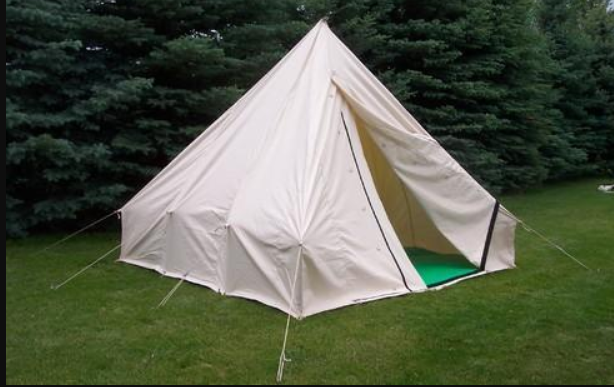
If one is planning to import tents from China, they will be in a position to access numerous types of tents depending on the kind of use. Here is a detailed breakdown of the types of tents you can import:
Army tent
These are tents that are constructed for military purposes. They are long-lasting and very sturdy and robust structures that can be established in all weathers.
Emergency Tents
An emergency tent is easily portable. It can be used during calamity and other related events.
Festival tent
A festive tent is a big and bright type mainly utilized for events, fairs, celebrations, and the like.
Safari tent
Safari tents are commonly employed in camping and safari holidays. They are usually manufactured from robust cloth and elegant looks.
Yurt tents
A yurt tent is a circular shaped tent with a frame designed with wood. It usually suits camping accommodations with ethnic flavor.
Camping tent
A camping tent is commonly used for ‘normal’ camping, in the sense of using a tent for recreation use and on a short-term basis. The camping tent comes in different sizes and shapes.
Outdoor tent
An outdoor tent is meant for general use other than being a shelter accompanying hiking, mountaineering, and other similar activities.
Party tent
A party tent is an extended, elongated structure for parties and other social gatherings. A large part of a party tent is exposed to the utmost surroundings.
Commercial tent
The commercial tent is a large one for utilization for commercial goals. It is used in events and markets. It can also be used as a short-term inhabiting structure.
Wedding tent
A wedding tent is a large, luxurious, exclusive event tent tailored for outdoor weddings. It may incorporate features of decor.
Exhibition tent
These are POP-up tents mainly referenced for use in trade shows, exhibitions, and promotions in that they can easily be branded and erected.
Industrial Tents
Heavy-duty tents with large and strong structures are primarily used for commercial purposes with storage, factory, or other forms of temporary shelter.
Portable Tents
These are small and compact tents that can be easily carried around. They are best for temporary or easy-to-set-up situations.
Inflatable tents
Inflatable tents are those that have inflatable beams instead of poles. They are flexible and easy to set up and fold.
Patio Tents
These are tiny to medium-sized tents intended for home usage, shading patios, and such.
Meeting tents
These are tents used for outdoor conveniences such as meetings or conferences, which may be furnished with seats and other conveniences.
Pool Tents
A pool tent is one with the specific use for shade over pools and protection from the elements or debris falling into the water.
Tailgating tents
These are temporary structures employed in sporting occasions or any eventuality that calls for a temporary structure. They are commonly portable.
Custom tents
These are tents that can be varied in relation to size, color, company logos and other relevant aspects, such as the specific functions of the tents.
3. How do I find a reliable supplier in China?
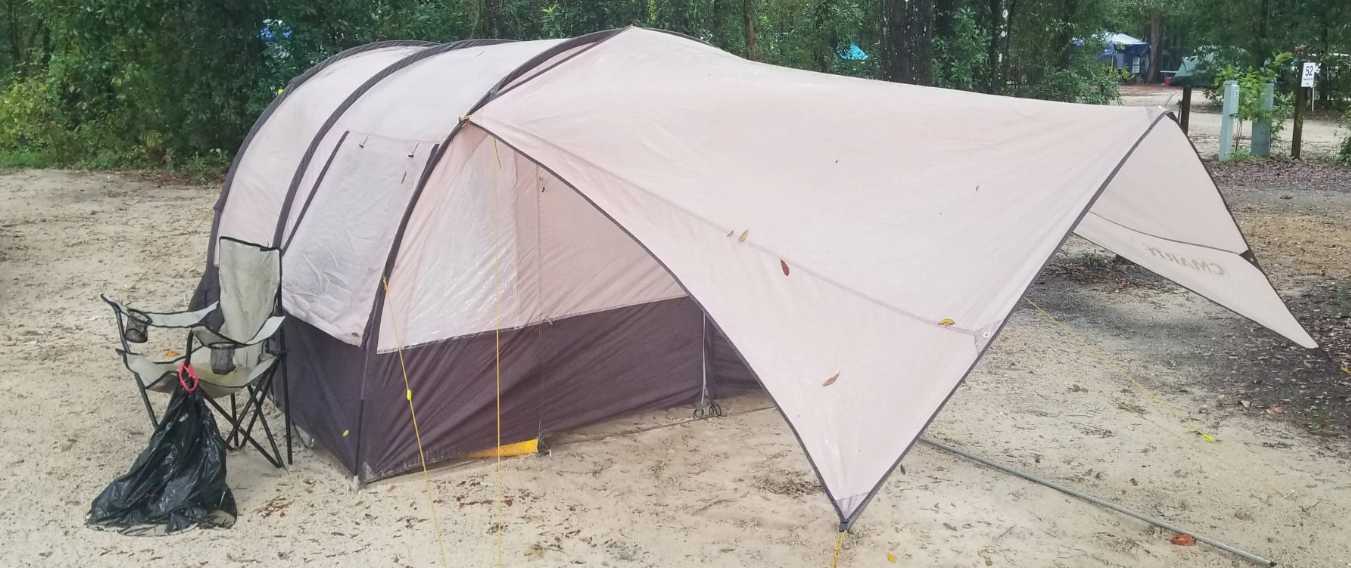
Selecting tent makers to import from requires a detailed search. To find a reliable custom tent manufacturer in China, you can use the following online companies:
3.1 alibaba.com
3.2 made-in-china.com
3.3 dhgate.com
3.4 globalsources.com
3.5 aliexpress.com
3.6 chinabrands.com
3.7 huntersourcing.com – China sourcing agent.
4. The Tips For Choosing The Right Tent Supplier From China

Choosing the right tent supplier from China is crucial for ensuring high-quality products, timely delivery, and successful business operations.
To purchase a product, one should adopt a broad procedure of supplier identification, communication, capability appraisal, and sample evaluation, as well as product testing.
Here are the detailed guidelines for each of the stages mentioned above.
4. 1. Researching Potential Suppliers
A. Identifying Potential Suppliers
The first act in selecting the tent supplier is to come up with the list of potentials. A good starting point is to use disparate search engines where hundreds and thousands of suppliers offer their goods.
There are also trade shows or exhibitions whereby you can physically get to see the suppliers and deal with them face-to-face.
Informal contacts and recommendations from other professionals in the industry can also come in handy in finding suppliers that one can count on.
B. Researching suppliers’ background and reputation
Once you have your list of possible suppliers, it is best to verify their credibility and account track record. Remember to work with reliable suppliers who deliver good quality products on time.
Read clients’ feedback, testimonials, and ratings you find online. Another key factor is supplier validation to confirm that he or she is real and authorized to do business according to the currently approved ordinances.
C. Evaluating suppliers’ product range and quality
The extent of the product portfolio of a supplier is somewhat an indicator of his ability to address your needs as a customer.
Visit their page and look at the various types of tents including the size, type, and models. Determine if their products match what you need and what is currently popular in the market.
Also, assess the quality of their products by looking at the descriptions of the products and any photos of them, in addition to being members of a quality control body.
4.2 Communication and Negotiation with Suppliers
A. Establishing contact with suppliers
After short-listing the prospective supplier, you must contact them. Contact the suppliers using email and/or phone or anything that was used to locate the suppliers online.
State clearly what you need in terms of the type of tents, the number, and other characteristics or standards you wish to have.
B. Evaluating Suppliers’ Responsiveness and Communication Skills
Business communication is crucial in any business with another party. Remember that the supplier’s reaction to your questions should be fast and understandable.
Regarding orders and problems that can occur, a more reliable supplier is the one who promptly responds and offers exhaustive answers to the questions asked.
C. Negotiating price and other terms
After building a good relationship with the supplier then, it is better to discuss the concerned price and a few other conditions of the contract.
Be wise on the amount you intend to use and it will be wise to bargain for a price that you both will agree on.
More of these other considerations include the methods of payment, delivery time, and warranty or return policies.
4.3 Assessing Suppliers’ Manufacturing Capabilities
A. Evaluating suppliers’ manufacturing facilities
Another vital criterion used when choosing a supplier is its manufacturing capacity. If it is possible, try and make a physical tour of the supplier’s plant to check on their machinery, mode of operation, and other working environments.
This will enable you to rank them based on their capacity to provide quality tents in the market.
B. Assessing suppliers’ production capacity and lead time
One should ensure that the supplier is capable of meeting the size of your order and making a delivery within the specified timeframe.
An element to consider with the supplier is the production capacity of the supplier to satisfy order size and quick turnaround, especially if you require frequent supply.
C. Quality control measures implemented by suppliers
One can never afford to be involved in production with a view of having a batch of spoilt products. Ask the supplier about his checks for quality, tests, or any accreditation he has enlisted.
For instance, a supplier who has stringent quality assurance mechanisms will have quality products and services most of the time.
4.4 Evaluating Samples and Testing Products
A. Requesting samples from suppliers
As a rule, ask for the samples of the tents you are going to buy at the end of the agreement. This enables you to evaluate the quality, type of material used, and the workmanship done by the professional.
B. Evaluating the samples for quality and workmanship
Run a critical eye over the samples for any signs of flaw, blotch, or any problem related to the materials used or the manner of building the samples. Flatten the samples against those that will suit your need to compare them.
C. Conducting Product Testing and Certification
Finally, prototype testing for the end product is done, and it is ascertained that the tents being developed meet the necessary certifications or adhere to the necessary standards if the development plan is to sell the tents in particular markets as may be required.
This step forms part of a crucial process to guarantee that the tents are safe to use and are solidly built to suit their purpose and use.
5. What are the minimum order quantities (MOQs) for importing tents from China?
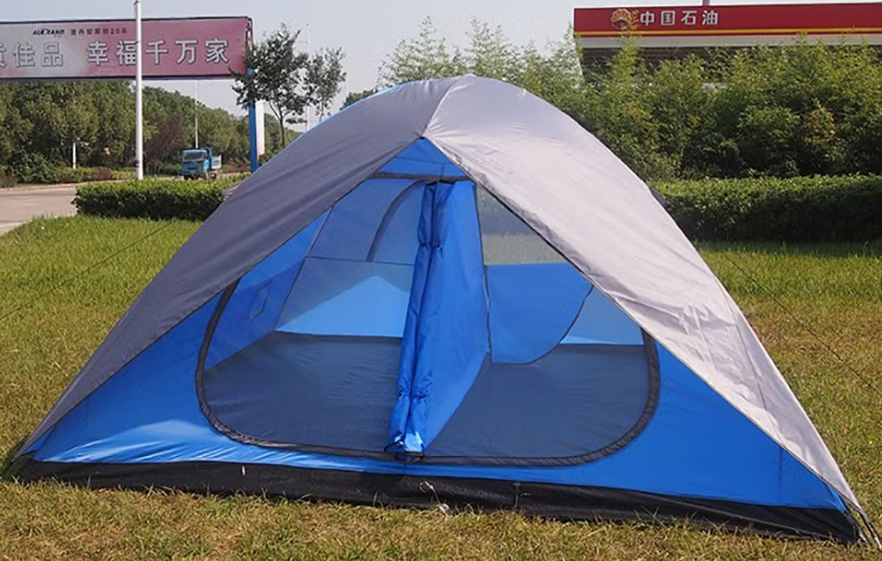
The minimum order quantities (MOQs) for importing tents from China also differ from one manufacturer and type of tent to another and also based on the degree of customization of the tents. Here’s a general overview:
Standard tents
Basic shipments, non-same, same, or customized shipments, and consignments of ordinary or shaped tents usually require an MOQ in the range of 100 and 500 units for the ordinary camp or beach tent.
Some manufacturers or suppliers may provide lower MOQs for certain products, most especially if the product is not so complex.
Customized tents
If the customers desire a logo, color, or design that is different on the huge swamp of the tents, then normally MOQ is high, can be between 500 and 1,000 units. This is due to customization since it incurs extra costs of setting up by the manufacture in this particular kind of production.
High-end or specialized tents
For the standard or general tents, MOQs may range from 50 to 200 units, though it may go higher for extended MOQs for large event tents or high-performance tents in specific weather conditions.
Small suppliers or trading companies
Smaller suppliers or trading companies may allow much lower MOQs – starting at 50 pieces – but this is rarer and normally only allowed for smaller or less complex tents.
Sample orders
Most of the manufacturers are open to supplying small orders, including one to ten sets, for evaluations before heading into a large order. These samples tend to be more expensive per sample than if one were to do individual samples for each particular product.
6. How much does it cost to import tents from China?
In most cases, the cost to import tents from China depends on the type of the tent, the quantity of the tent to be shipped, the method of shipping used to transport the tents, customs duties, and taxes which must also be paid.
Product cost
Tent costs from as low as a few dollars to over $ 100 depending on the type and quality and size and type of cloth used in tent manufacturing. It is common practice that when one orders his supplies in large quantities, he gets a discount.
Shipping costs
Shipping can be done by sea, air, or by using an express courier service. Sea freight is most cheap for large consignments costing from one thousand to three thousand US Dollars per twenty-foot equivalent unit container. Air freight is quicker as compared to water and road transport at a cost of several dollars per kilogram.
Customs duties and taxes
Tent import duty laws in many countries attract duties that fall between 5% and 20% of the declared value. Further, there may be a VAT or GST charge that is normally within the range of 5% to 20% and is dependent on the country of delivery.
Additional costs
Other costs may be the charges of customs clearance, insurance costs, port costs and charges and transportation from the port to the consumer’s doorstep.
Altogether, the total cost of importing the tents from China is usually from 5% to 25% of the factory price of the tents above.
7. How can I ensure the quality of the tents I import from China?
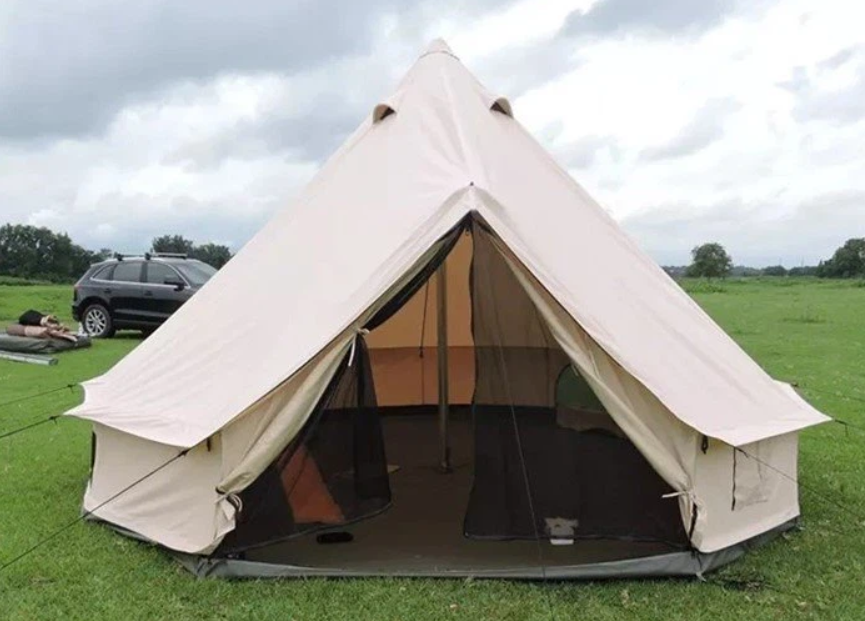
Ensuring the quality of imported tents from China involves several key steps:
Research manufacturers
Select only manufacturers who have received the best feedback and reputations for manufacturing great quality tents. There are certain certifications that one needs to look for. Examples are ISO or CE.
Request samples
Always ask for samples to be sent because they will help you check the quality of the material used, the kind of stitching, and the overall sewing work to be done.
Verify materials
Check that the used materials have the necessary quality for your work. Ensure that the fabric used is durable and has resistance to water and the sun’s ultraviolet rays.
Inspect manufacturing processes
Where possible, see the factory itself or hire an independent inspector to oversee the manufacturing process and the quality checks to be put in place.
Check compliance with standards.
Ensure that the tents satisfy the requirements of safety and quality for the market that is of major interest to you.
Use quality assurance services.
Outsource quality assurance services to partners whose main duty is to inspect and conduct tests before the products are shipped.
Review terms and conditions.
Ensure that you provide and, or attach to your contract with the manufacturer, the quality specifications and warranties.
Test product performance
After the tents have been delivered, test the tents as much as possible under real use because they may not stand the same pressure as they do when tested in a laboratory.
8. How long does it take to import tents from China?
Importing tents from China involves several stages, each contributing to the overall timeline of the process. This can be influenced by many factors, some of which include the size of the order, the efficiency of the supplier, modes of shipping, and customs formalities. Here’s a detailed breakdown of what to expect:
Supplier Selection and Order Processing (1-3 Weeks)
• Supplier research and contact
To start implementing this strategy, one has to identify the right partner, the supplier. This may require the names of the manufacturers or building suppliers to be searched and several of them contacted, prices to be compared.
This phase could take a few days to a week, depending on the speed of acquiring and interpreting information.
• Order confirmation
One of the most essential things that you have to complete after you have selected a supplier is to determine the order-specific characteristics. This encompasses the aspect of haggling on the prices, revising the various specifications, and fixing of time within which the production will be completed.
The duration of the stay varies and can be from several days to several weeks, even concerning the construction of individual objects, customizations, or in cases where several attempts at negotiations are required.
• Sample approval (if applicable)
Whenever you are placing an order for a new product, or customization of a product, it is wise to ask for a small sample before you order full production. Some more weeks, up to two, may be needed for receiving and evaluating samples, if necessary.
Production Time (2-8 Weeks)
• Manufacturing duration
The time taken on production varies with the type of tents to be produced and the supplier who is to provide the service. Standard tents will take between two to four weeks although if one is making a special order either on a specific design. In large quantities, it could take up to six to eight weeks.
Quality control
There must be quality control measures put in place during the production of the tents to conform to your requirements. This may take some more days, specifically if problems are found, and they have to be solved.
Packaging and Preparation for Shipment (1 Week)
After the tents have been manufactured, they are packed and forwarded to the market for transportation.
This involves branding and ensuring that the particular is fit for exportation. In most instances, the packaging period normally lasts for about a week.
Shipping and Transit Time (2-6 Weeks)
• Shipping method
The method of shipping used has a very direct impact on how long the shipment will take. Here are the common options:
• Sea Freight
It is the cheapest process but it takes the longest time to complete. The transit time of sea freight from China to major ports in America or Europe is usually between 4 and 6 weeks. But it could be faster as well as less time-consuming as compared to the others.
It depends upon the particular ports of loading and discharging and sometimes transshipment time also.
• Air freight
It is faster compared to sea transport which may take about 1 to 2 weeks. But it costs way much more than sea freight, though its cost is relatively cheaper nowadays than some decades ago.
• Shipping arrangements
Given that it raises an order with a freight forwarder, books the space, procures other documents needed, and organizes for pickup/delivery, the time taken is usually an additional week.
Customs Clearance (1-3 Weeks)
• Import customs clearance
Once the shipment reaches the port of destination, it has to be cleared through customs and this can take some time.
This entails presenting the necessary documents, making payments for import duties and taxes, and following existing standard measures.
Customs clearance can take from one to three weeks depending on the performance level of the customs service and the degree of documents’ compilation.
• Inspection and delivery
Sometimes customs authority may undertake some checks which take a certain time and add to the clearance time.
9. What documents do I need to import tents from China?
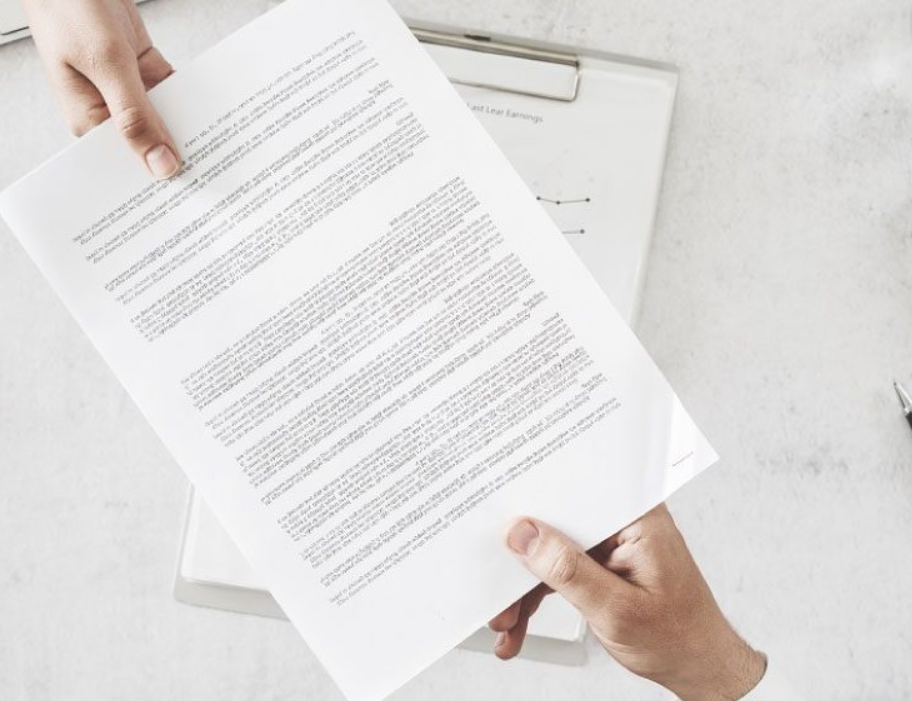
To import tents from China, you will generally need the following documents:
• Commercial invoice
This is evidenced by the pre-prepared document from the seller to the buyer listing down the items sold, their respective prices, and conditions of sale.
• Packing list
This document contains some information about the shipment, such as the products, their quantity, description, and packaging.
• Bill of Lading (B/L)
This is simply a paper that belongs to the shipping company and provides qualitative evidence of the contract of carriage and receipt of the goods.
• Certificate of origin
On this particular document, it affirms the country of origin of the goods in question. It may be necessary if asked by your country’s customs agencies to calculate duties.
• Import license
Import licensing means that you would require an import license if you plan to import specific products into your country.
• Customs declaration
This is a legal document used by the customs people of your country to enable you to clear the goods through customs.
It comprises information about the shipment, such as the value and the type of shipment to be made.
• Insurance certificate
In case you have arranged for insurance for the shipment, this paper is required to prove the insurance.
• Product compliance certificates
Depending on the type of tents and legal requirements in your country, you must provide a certificate of conformity of the product to the safety and quality requirements.
• Payment proof
Original bills for payment, bank statements, receipts, letters of credit, etc.
10. What are my payment options for importing tents from China?
When importing tents from China, you have several payment options to consider:
Wire Transfer (T/T)
A method whereby funds are transferred directly from your bank account to the account of the supplier. It is universal, sometimes has a cost, and takes a few days to complete.
Letter of Credit (L/C)
A safer method of paying, especially for big amounts of money. It refers to an arrangement whereby a bank promises to make payment once some conditions have been fulfilled. They offer certain security to both the purchaser and seller.
PayPal
It can be advantageous for the buyer since it safeguards him/her from fraudulent suppliers. However, it is not often offered by all the suppliers and comes at a higher cost.
Western Union
Quick and available for everyone. However, charging more often than using other types of transfers.
Trade Assurance
Trade assurance service is accessible on websites like Alibaba. It assists one in honoring the payment and, at the same time, guarantees that the supplier delivers as agreed.
Escrow services
Payments are done by check and are delivered to the supplier after confirmed by you that goods have been delivered as agreed.
11. What are the import duties and taxes for tents from China?
Import duties and taxes for tents from China can vary depending on the destination country. Here is a general overview of what you might encounter:
Import duty
This is a tax on imported products, whereby imported goods are charged a certain amount of money before being allowed into the country.
This rate may differ with the country of import and the classification of the product in that country’s customs. In the case of tents, this typically comes under a particular tariff code by which the duty rate can be deduced.
Value-added tax (VAT) or goods and services tax (GST)
Most of the countries around the world impose VAT or GST on imported goods and services. This tax is ordinarily calculated as a proportion of the value of the goods, insurance cost, and the cost of shipping.
Customs processing fees
A few nations impose some fees for processing and handling customs documents and formalities.
Additional duties
Extra charges may apply in the form of duties or taxes due to bilateral or multilateral trade agreements or due to special tariffs or other restrictions on importation.
12. Do I need to comply with any safety standards when importing tents from China?
In the process of importing tents from China, the aspects of safety concerns, which refer to legal requirements for the product, are of significant importance.
The specifics can be more or less strict depending on your location, the class of the tent, as well as the purpose that is being served by the tent. Here’s a general overview of what to consider:
Understand the Regulatory Framework
a. National Regulations:
Every country possesses its set of regulations governing imports of tents. For instance, in the United States, there are requirements by the Consumer Product Safety Commission (CPSC) and other bodies in matters to do with the materials used, flammability, and the construction of the boat.
Likewise, there are European Union directives, including the General Product Safety Directive (GPSD) and the Regulation on the Registration, Evaluation, Authorization, and Restriction of Chemicals (REACH).
b. International Standards:
Other requirements include standards for a specific country, regional, or international organization, for instance, the ISO or IEC requirements.
For instance, ISO 5912 deals with requirements for tents for camping such that they outline performance and safety requirements alongside some environmental aspects.
Material and Flammability Standards
a. Material Safety:
Make sure the materials that are used in the construction of the tent meet the required standards for safety. This ranges from ensuring that fabrics and coatings used in production do not contain toxic chemicals and conform to environmental laws.
b. Flammability Testing:
Camping tents, for instance, are required to conform to provisions on flammability. For instance, they have to meet the requirement of the NFPA 701 test, through which the burning rate of the fabric is tested.
Product Certification and Testing
a. Certification:
For some products, you will want to look for certified offerings from some recognized source like the UL or Underwriters Laboratories or the CE mark for European markets. These certifications imply that the product was examined and conforms to the given standard of safety.
b. Testing:
Ensure that the tents undergo a test on the durability and withstand the effects of Ultra Violet light and the effects of weather. This means that they can last long in the weather they have been adapted to, such as the rain, wind, and even the scorching sunshine.
Labeling and Documentation
a. Labels:
Also, ensure that the tents are stamped with details such as country of origin and manufacturer, among other details such as warning or usage instructions. It is sometimes mandatory and aids in the disclosure of information to users of the product.
b. Documentation:
This involves particularly the test reports, certificates of conformity and compliance, and statements. This is useful for customs clearance authorities and may be necessary in case of an audit or a recall.
Customs and Import Regulations
a. Customs Compliance:
Understand the customs regulations in your country, including tariffs, import duties, and any specific requirements for product safety documentation.
This is useful in preventing or minimizing cases of lateness and consequent fines where allowed by the law.
b. Importer Responsibilities:
In your role as an importer, you are the gatekeeper of goods entering your country and, as such, must ensure that goods brought into your country are safe for use and compliant with legal requirements.
Supplier Verification
a. Choose Reliable Suppliers:
Cooperate only with reliable suppliers that follow the appropriate International safety standards and avoid non-compliance.
b. Regular Audits:
Never forget to carry out periodical audits and inspections on your suppliers to check compliance with safety standards. This ensures that products to be supplied to the market are safe and of good quality to protect the health of customers and consumers.
Conclusion
When importing tents from China, selecting the right supplier is crucial for ensuring product quality and a smooth transaction. When buying tents from China, it is very important to conduct a vetting exercise.
To start with, when selecting potential suppliers, one should search them through standard directories and confirm their authenticity. Assess product samples with caution and make certain they meet the standards of the organization.
There are some important aspects, such as the level of communication, the availability of logistics services, and the quality of after-sale services.
Remember that cost counts, but do not let it overshadow the costs of having a low-quality product or a delivery service that cannot be relied on. Be very specific about the expectations of each other and always have a way of communicating any grievances produced.
Taking the above advice and suggestions, to the letter will reduce the risk factor while enhancing your chances of realizing a good successful import business to acquire good quality tents that will meet your expectations and requirements.
Related Post
Furniture is a must for an office or a home. It is available at varying price points as Read more
Wood is extensively used in making furniture around the world. Wood can be molded in any shape or Read more
In the current market condition, a major portion of the world's consumption depends on China. The product range Read more
Contact Us Get Free Quote!
* Please kindly fill out the form for inquiry
* we will reply to your inquiry within 24hours
